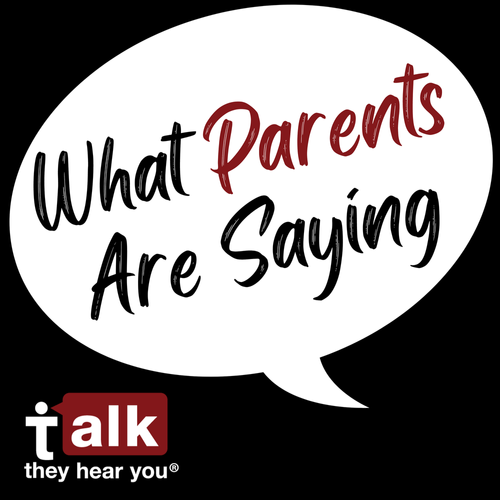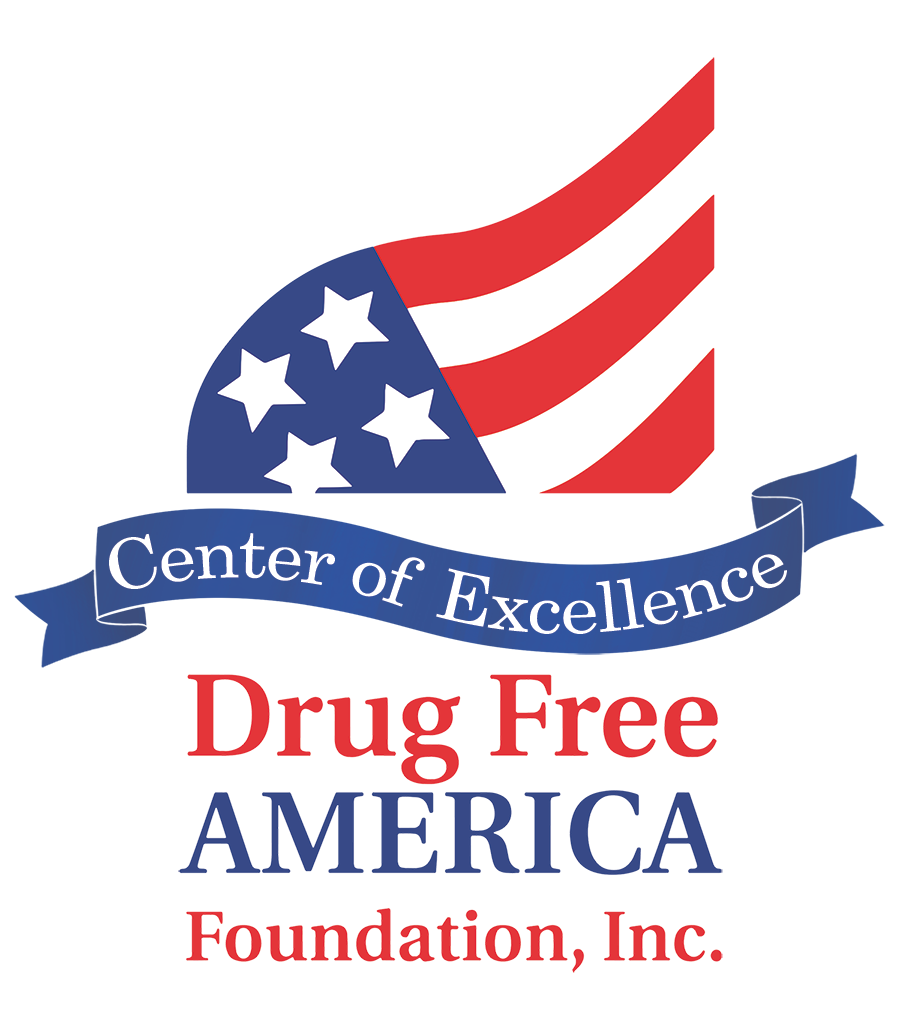
#4 Talk Early, Talk Often
Prevention is not a single conversation. Look for teachable moments and communicate the clear expectation of no use as the health standard for youth.
Establish clear expectations and consequences.
While it may not always feel like it, parents and caregivers have a powerful influence on teen behavior: what you say and do matters.
Develop clear expectations of no use of any alcohol, cannabis/marijuana, nicotine, or other drugs.
Model healthy behaviors for your kids.
Talk about substance use as a health priority -- I care about your health and safety.
Not using alcohol or other substances before age 21 is analogous to other health standards for youth. Parents/caregivers don't hesitate to set clear expectations about always wearing seat belts or bicycle helmets; why should substance use be different?
Make sure your kids know they can count on you if they need to get out of a risky situation and create a plan together (e.g., have a "code word" they can text you to say they need a ride).
Don’t provide alcohol or drugs to teens.
Back To School Conversations For Parents & Caregivers
While exciting, the start of a new school year can also be challenging with new teachers, friends, and expectations. Identify ways to support the children and teens in your life: check in daily, share a meal together, and start conversations. Parents and caregivers: remember, you are role models for your kids and the other young people you care about.
Download and share stickers/social media posts, available in English and Spanish, to help families gear up for the school year with the following key messages:
Prioritize Safety
Support Youth Mental Health
Set Goals and Expectations
Encourage Healthy Relationships
Prevent Youth Substance Use
What Does It Mean To Model Healthy Behaviors?
Do a Stress-Joy-Social Check-in: What do you do in moments of stress, joy, and sociability? If your responses always or often include alcohol, marijuana/THC, or other substance use, add some responses that do not include substances to model alternative strategies for your kids
Why Should You Talk With Your Child About Alcohol And Other Drugs
SAMHSA's Talk. They Hear You. campaign offers resources for parents and caregivers in starting conversations about substance use. Research suggests that one of the most important factors in healthy child development is a strong, open relationship with a parent.
Use These 5 Goals When Talking to Kids about Alcohol and Other Drugs
Show you disapprove of underage drinking and other drug misuse.
Show you care about your child’s health, wellness, and success.
Show you’re a good source of information about alcohol and other drugs.
Show you’re paying attention and you’ll discourage risky behaviors.
Build your child’s skills and strategies for avoiding underage drinking and drug use.
“Over 80 percent of young people ages 10–18 say their parents are the leading influence on their decision whether to drink. Send a clear and strong message that you disapprove of underage drinking and misuse of other drugs.”
Addiction Policy Forum has produced a parent toolkit with the following videos in English and Spanish about how parents can help prevent addiction:
The National Council for Mental Wellbeing, in collaboration with the Centers for Disease Control and Prevention (CDC), created the Getting Candid message guide and other tools to support youth-serving providers and other adults in their efforts to prevent youth substance use.
Explore Natural High's "Essentials", "Blog for Parents" and "Powerful Influencer Series"
Learn about about protective factors and what adults can do to help prevent youth from using substances through the above video from Drug Free America Foundation.
Great Coalition Work
Parenting for Prevention 101
RyeACT Coalition developed a series of parent-focused handouts with prevention and mental health/child development experts. This series describes effective prevention throughout the stages of development.
Download the handouts by age below:
ONE CHOICE PREVENTION VIDEOS FOR TEENS, YOUNG ADULTS, AND FAMILIES
North Coastal Prevention Coalition launched a video series in English and Spanish directed towards teens, parents/guardians, and teachers/youth advisors to help promote the One Choice movement.
Can I Teach My Kid To Drink Responsibly?
It turns out that the best predictor of how much a student will drink in college is how much they drank in high school, and that goes for non-drinkers as well. Unfortunately, this evidence flies in the face of the popular misconception that turning alcohol into a “forbidden fruit” only heightens a student’s appetite for it. Everyone seems to know someone whose drinking “exploded when they went to college and escaped their family’s structural controls”—but those cases are largely inaccurate.
“Condoning or encouraging underage drinking--even in the safety of your own home--only increases the likelihood that a student will drink that much more when they are away from their families. On average, and over time, students who do not drink during high school will have a lower chance of drinking excessively or developing problems during college.”
Helpful Online Links
1
Know that Youth Substance Use is Not Inevitable
2
Be Brain Development Savvy
3
Be Substance Savvy
4
Talk Early and Talk Often
5
Act Quickly If You Suspect Use
Like what you see? Support Our Work!
Support the One Choice prevention initiative of the Institute for Behavior and Health, Inc., a 501(c)3 non-profit organization, with a tax-deductible donation.



























